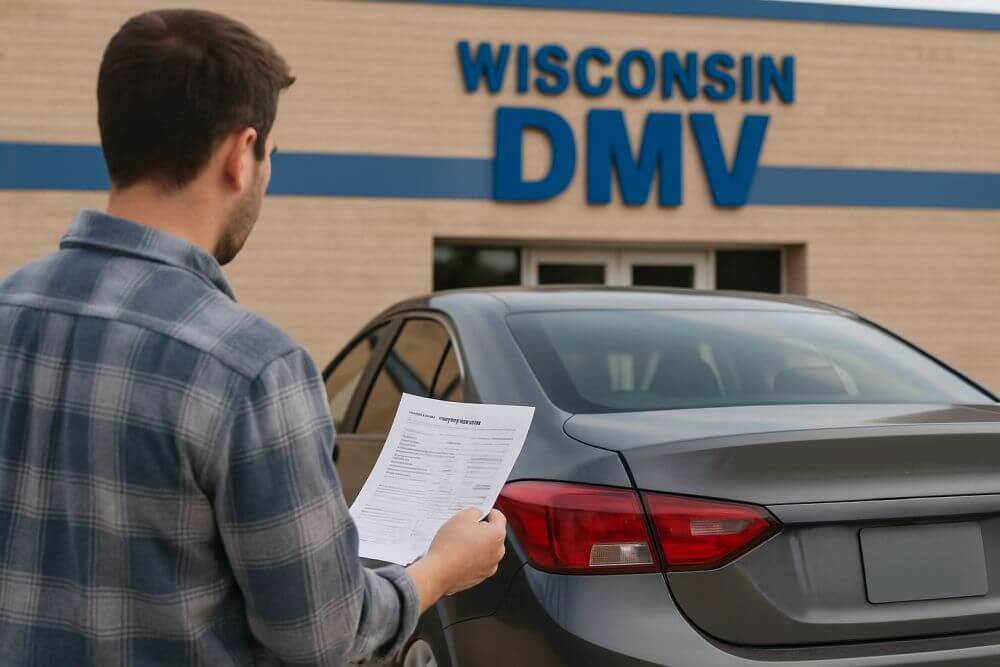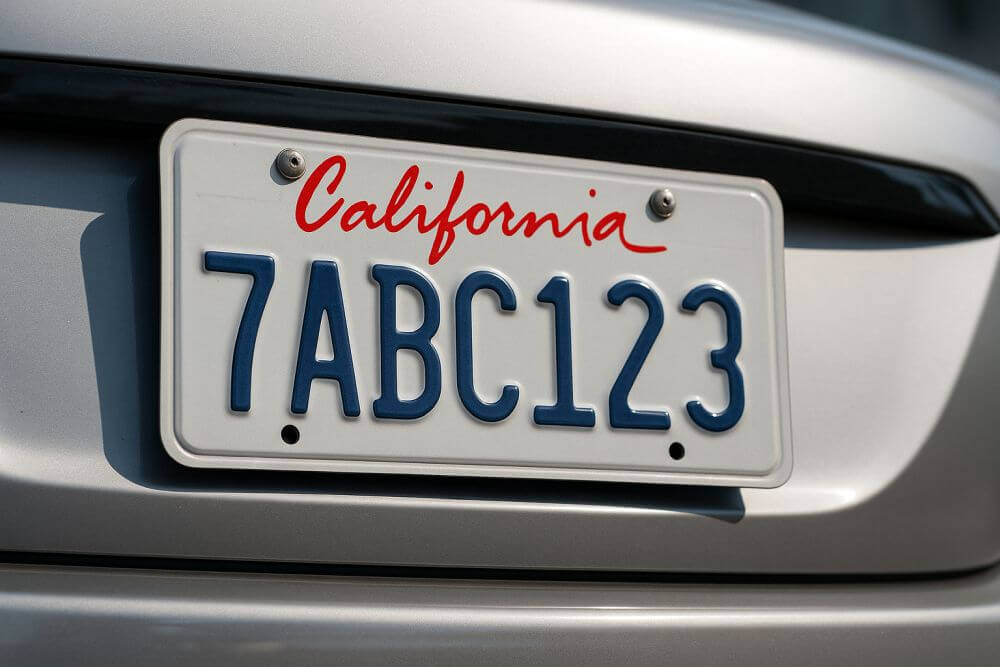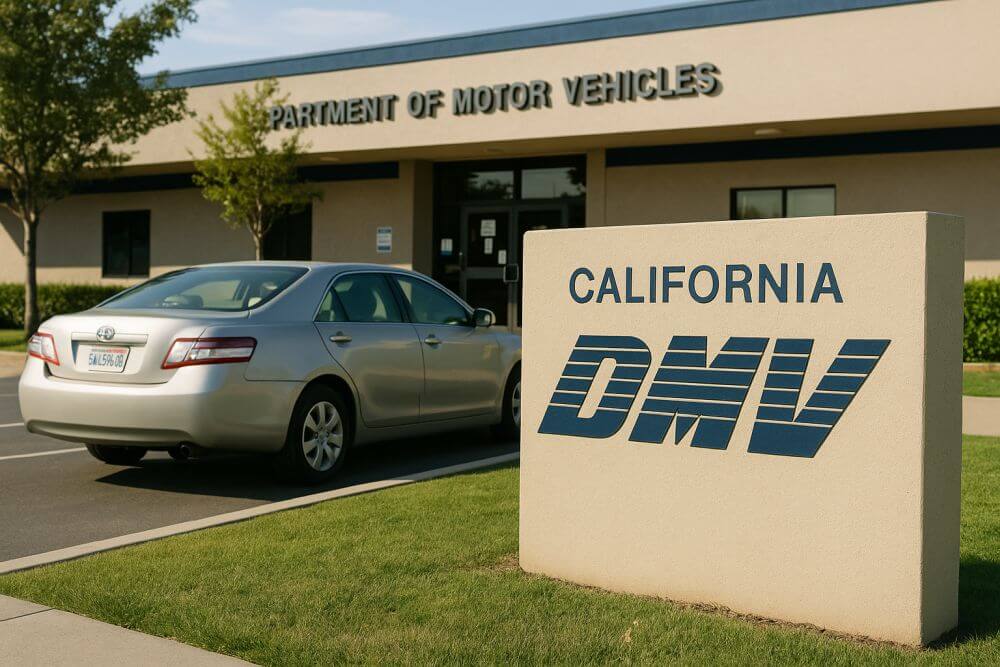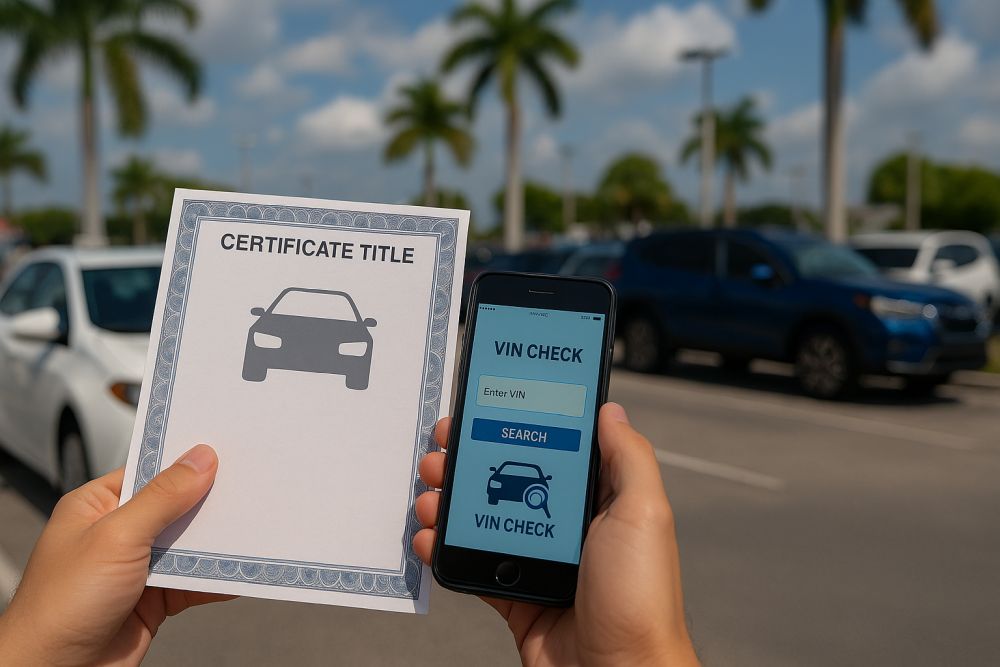When shopping for a used car in Wisconsin, it’s essential to look beyond price and appearance. One of the most overlooked — yet critical — steps in the process is ensuring the vehicle meets emissions testing requirements. In Wisconsin, emissions compliance is a key part of the overall Wisconsin vehicle registration process, especially in certain counties where environmental standards are stricter. Without passing an emissions test, you won’t be able to complete registration, which can delay your ability to legally drive your new car. Emissions testing isn’t just a regulatory formality; it helps keep vehicles running safely and reduces harmful pollutants.

Why Does Wisconsin Require Emissions Testing?
Wisconsin enforces emissions testing as part of its efforts to improve air quality and comply with the federal Clean Air Act. Vehicle emissions contribute to ground-level ozone (smog), which is linked to respiratory issues and other health problems.
The program, officially called the Vehicle Inspection Program (VIP), is managed by the Wisconsin Department of Transportation (WisDOT) and implemented in cooperation with the Department of Natural Resources (DNR).
Where in Wisconsin Is Emissions Testing Required?
Emissions testing is not statewide; it is only required in certain counties to target areas with higher population density and pollution. The counties currently requiring emissions testing include:
-
Milwaukee
-
Ozaukee
-
Racine
-
Washington
-
Waukesha
-
Kenosha
-
Sheboygan
If you live in or are registering a vehicle in these counties, emissions compliance is mandatory.
When Is Emissions Testing Required?
At Registration
If you’re buying a used car and registering it in one of the designated counties, the vehicle must have a valid emissions test. If the vehicle has not been tested recently, it will need to pass before registration can be completed.
During Regular Renewal
Vehicles typically require emissions testing every two years at the time of registration renewal. You’ll receive a notice from WisDOT when your vehicle is due for testing.
Vehicle Age and Type
Vehicles subject to testing:
-
Model years from 1996 and newer
-
Light-duty gasoline vehicles with a gross vehicle weight rating (GVWR) of up to 14,000 pounds
Vehicles typically exempt:
-
Diesel-powered vehicles
-
Motorcycles
-
Vehicles older than model year 1995
-
Vehicles less than 3 years old (in some cases, based on registration cycle)
What Happens if a Used Vehicle Fails Emissions?
If a vehicle fails the emissions test, it cannot be registered or renewed until it passes a retest. The vehicle owner must repair the emissions-related issues and submit the vehicle for a retest.
Wisconsin offers a waiver program if repairs reach a certain cost threshold, but strict conditions apply. Waivers are meant as a last resort and are subject to DNR approval.
Testing Costs and Locations
Emissions tests are generally free of charge at authorized inspection stations in Wisconsin. This program is funded through registration fees and other state resources.
Authorized testing stations are widely available in the seven affected counties, making it relatively easy to get tested.
What Buyers Need to Know Before Purchasing
When buying a used car in Wisconsin, especially from a private seller, emissions compliance should be part of your pre-purchase checklist:
-
Request documentation: Ask for the most recent emissions test certificate or inspection report.
-
Verify the vehicle’s readiness: If the seller cannot provide recent proof, you may be responsible for bringing the vehicle into compliance before you can register it.
-
Use a VIN-based report: A free vehicle history report from VinCheckPro.com can reveal past emissions failures, unresolved issues, and other red flags.
Tips for Sellers
-
Ensure your vehicle has a valid emissions certificate before listing it for sale.
-
Be transparent with potential buyers about emissions history and compliance.
-
Providing documentation can increase buyer confidence and help finalize a sale faster.
How to Prepare for an Emissions Test
-
Repair any check engine light issues before inspection.
-
Perform regular maintenance, such as oil changes and air filter replacements.
-
Drive your car for at least 15 minutes before testing to ensure proper operating temperature.
-
Ensure your gas cap seals properly to prevent vapor leaks.
Conclusion
Understanding Wisconsin’s emissions testing requirements is essential for anyone buying or selling a used car in the state. Failure to comply can delay registration, lead to unexpected repair costs, and cause legal headaches. By being proactive and verifying emissions compliance ahead of time, you can enjoy a smoother, more confident transaction.
Get a Free VIN-Based Vehicle History Report
Before buying a used car in Wisconsin, run a free VIN check at VinCheckPro.com to uncover emissions issues, past failures, and hidden history.
Frequently Asked Questions
Do all used cars in Wisconsin need emissions testing?
No. Only vehicles registered in specific counties and within certain model years require emissions testing.
Can I register a used car without a passing emissions test?
No. In counties where testing is required, a passing emissions test is necessary before registration or renewal.
What happens if the car I bought fails emissions?
You will need to repair the vehicle and have it retested before it can be registered.
Are there exemptions for older vehicles?
Yes. Vehicles older than model year 1995 and certain other types (diesel, motorcycles) are generally exempt.
Can a VIN check show emissions failures?
Yes. A VIN-based history report from VinCheckPro.com can reveal emissions failures and other important compliance data.


